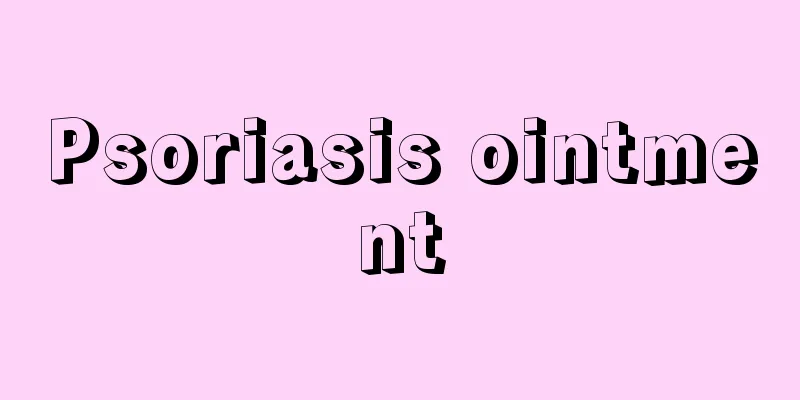Effects of Amisulpride on the Brain

|
The effect of amisulpride on the brain Many people may not be very familiar with the drug Paco Amisulpride Tablets, and we don’t use it often. This medicine is mainly used to treat schizophrenia, a type of mental illness that sometimes causes symptoms such as auditory and visual hallucinations, causing a lot of pain to patients and their families. The use of amisulpride can also cause some side effects. Let's take a closer look at the effects of amisulpride on the brain. Like other neuroleptic drugs, amisulpride may cause malignant syndrome, characterized by high fever, muscle rigidity, autonomic dysfunction, impaired consciousness, and elevated creatine phosphokinase levels. In the event of a high fever, especially in patients taking high doses of medication, all antipsychotic treatment, including this product, should be discontinued. As with other antidopaminergic drugs, amisulpride should be prescribed with caution to patients with Parkinson's disease because of the potential for exacerbation of the disease. Amisulpride should be used only when neuroleptic therapy cannot be avoided. Prolongation of the QT interval Amisulpride prolongs the QT interval in a dose-related manner. This effect may increase the risk of serious ventricular arrhythmias, such as torsades de pointes. The risk of serious ventricular arrhythmias is increased in the presence of bradycardia, hypokalemia, or congenital or acquired QT prolongation. If the clinical situation permits, before administering the drug, make sure that the patient does not have the following factors that may cause arrhythmias: bradycardia, heart rate electrolyte imbalance, especially hypokalemia; congenital QT interval prolongation. Current drug therapy that may result in significant bradycardia should be considered as part of the early evaluation. Stroke In placebo-controlled, randomized clinical trials of elderly patients with dementia and treated with certain atypical antipsychotics, a 3-fold increased risk of cerebrovascular events was observed. The mechanism for this increased risk is unclear. The possibility of an increased risk with concomitant use of other psychiatric medications or in other patient populations cannot be excluded. Amisulpride should be used with caution in patients with risk factors for stroke. Elderly patients with dementia-related psychosis who are treated with antipsychotics are at increased risk of mortality. Although the causes of death in clinical trials of atypical antipsychotic treatment vary, the majority of deaths appear to be of a cardiovascular or infectious nature. Observational studies suggest that conventional antipsychotic therapy, like atypical antipsychotics, may also be associated with mortality. The extent to which increased mortality findings in observational studies can be attributed to antipsychotics is uncertain because a proportion of patients were poorly characterized. Venous Thromboembolism Cases of venous thromboembolism, some fatal, have been reported with antipsychotic therapy. Therefore, this product should be used with caution in patients with risk factors for venous thromboembolism. Precautions: Hyperglycemia has been reported in patients receiving certain atypical antipsychotics, including amisulpride, so patients with a confirmed diagnosis of diabetes or risk factors for diabetes should have their blood glucose appropriately monitored if amisulpride is initiated. Psychotropic drugs can lower the threshold for epileptic seizures. Therefore, patients with a history of seizures should be carefully monitored while taking amisulpride. Since the drug is mainly excreted through the kidneys, the dosage should be reduced for patients with renal insufficiency. There are no relevant clinical data for patients with severe renal impairment. Because the elderly are more sensitive to drugs, special attention should be paid when taking medications. |
<<: Tips for repairing glass scratches
>>: The difference between atrial tachycardia and supraventricular tachycardia
Recommend
Women's proper folic acid supplementation can prevent cervical cancer
In recent years, the incidence of cervical cancer...
The advantages and disadvantages of moxibustion stool
Using a moxibustion stool for moxibustion can hel...
How is lung cancer staged? It is divided into four stages
Lung cancer can be divided into four stages, whic...
Subcutaneous peeling to fill the depression
Subcision is a skin surgery treatment method. Sub...
Reasons for short stature
There are many reasons for short stature, the mos...
The lower eyelid is swollen and painful and it hurts when I blink
There is a saying that goes "You can't t...
What to eat when you are under stress and losing hair
People on Weibo often lament that they are losing...
How to relieve inner anxiety?
Inner anxiety can be improved through psychologic...
Can advanced thyroid cancer be cured?
Whether advanced thyroid cancer can be cured is a...
Is lymphoma inherited from generation to generation?
What is lymphoma? It is a malignant tumor origina...
What to do if a date pit gets stuck in your throat
The situation of date pits stuck in the throat is...
Analysis of the best treatment for teratoma
Analysis of the best treatment for teratoma: Afte...
Can dandelion cure lymph nodes?
During the treatment process, some people with ly...
What is the reason for not urinating after drinking water?
As we all know, many toxins in the body are excre...
What are the symptoms of manic depression
Many people have heard of depression, but don’t k...









